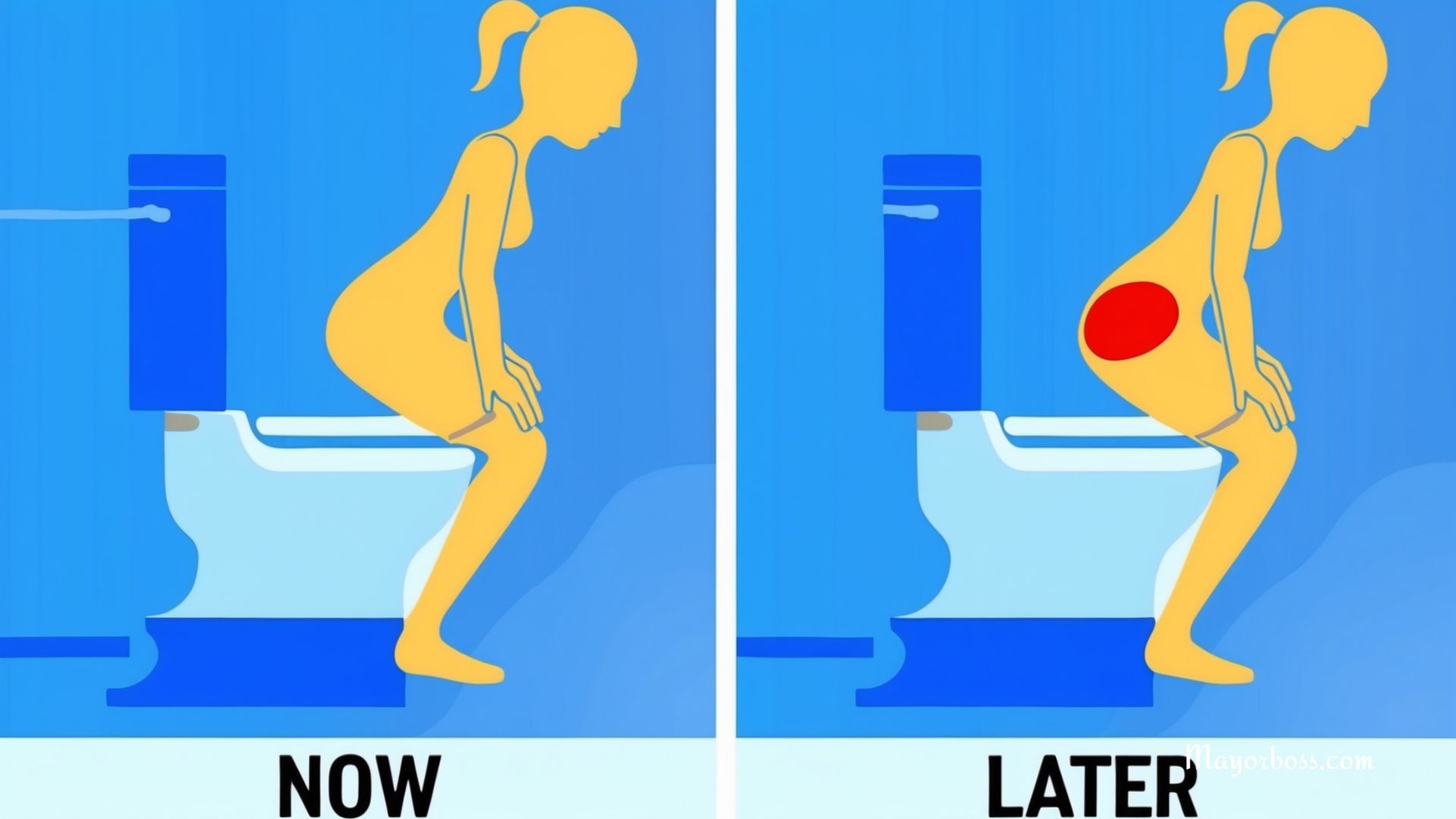Can a Woman Give a Man HPV?
Human Papillomavirus (HPV) is a topic often shrouded in misconceptions and confusion. One common question you might have is: “Can a woman give a man HPV?” The short answer is yes. It can be transmitted from a woman to a man. Let’s take a close look at the details to understand this better.

What is HPV?
HPV is the most common sexually transmitted infection (STI) and it affects both men and women. This virus comes in many different types, some of which can cause severe health problems, including genital warts and cancers.
Transmission: A Two-Way Street
HPV is transmitted through intimate skin-to-skin contact, not just through traditional sexual intercourse. This means that any genital contact, not just penetrative sex, can potentially spread HPV. It’s important for you to know that HPV can be transmitted even when an infected person has no signs or symptoms.
Women to Men Transmission
When it comes to a woman transmitting HPV to a man, the dynamics are the same as any other mode of transmission. If a woman has HPV, it’s possible for her to pass the virus to her male partner. It’s also worth noting that men are less likely to clear the virus as quickly as women, which can lead to longer-term infections and potentially higher risks of certain cancers, particularly oral and throat cancers.
HPV’s Impact on Men
While the focus on HPV often centers on women, primarily due to the risk of cervical cancer, men are not immune to HPV’s effects. Men can develop genital warts, penile cancer, anal cancer, and oropharyngeal cancer as a result of HPV. This highlights the importance of understanding and preventing HPV transmission.
The Role of Vaccination
Vaccination plays a crucial role in preventing HPV transmission and related cancers. The HPV vaccine is recommended for both boys and girls and can significantly reduce the risk of acquiring certain types of the virus. By getting vaccinated, you not only protect yourself but also reduce the risk of transmitting the virus to others.
Prevention
- Vaccination: The most effective way to prevent HPV is through vaccination, recommended for preteens but can be given up to age 26 and, in some cases, even older.
- Safe Sex Practices: Using condoms and dental dams can reduce the risk of HPV transmission, though they don’t provide complete protection since HPV can infect areas not covered by them.
- Regular Health Screenings: Regular screenings for women, like Pap tests, can detect changes in the cervix caused by HPV, leading to early intervention.
- Open Communication: Discussing STI status and safe sex practices with partners is crucial in reducing the spread of HPV.
Frequently Asked Questions
- Is HPV always harmful? No, in most cases, HPV goes away on its own without causing any health problems. However, when it does not, it can lead to serious health issues.
- Can men be tested for HPV? There is no approved HPV test for men. However, men who are at high risk, such as those with HIV or who have sex with men, may undergo anal Pap tests.
- How common is HPV? HPV is very common, with most sexually active individuals getting it at some point in their lives. The good news is that the vaccine has greatly reduced the virus’s prevalence among young people.
In conclusion, a woman can indeed transmit HPV to a man. This fact underlines the importance of vaccination, safe sex practices, and regular health screenings.






